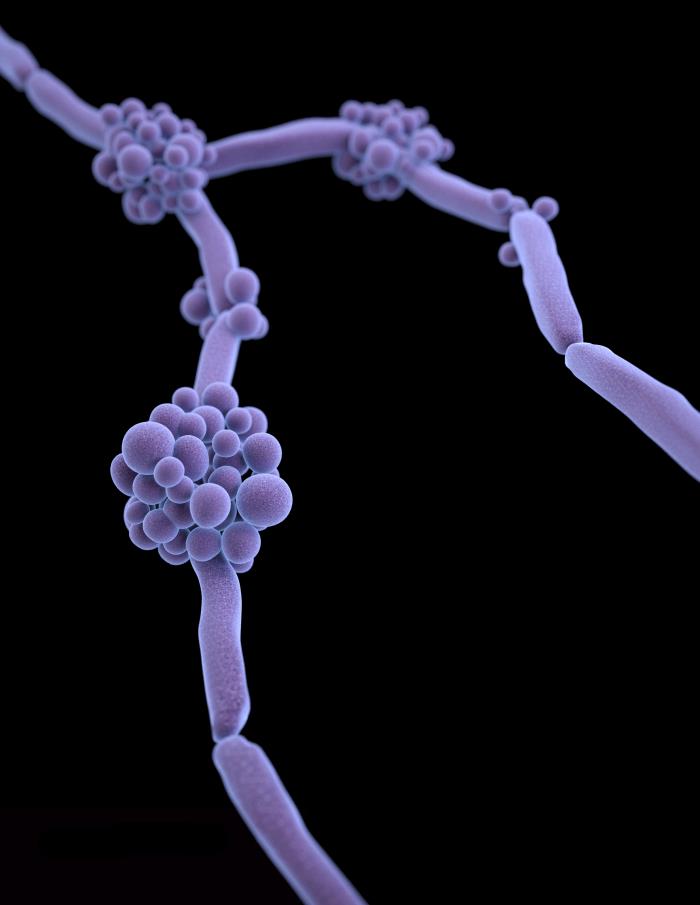Cidara Therapeutics, an antimicrobial development company out of San Diego, California, has recently reported positive Phase I results of a novel antifungal agent, CD101 IV.

CD101 IV is a small molecule in the echinocandin class of antifungals. Echinocandins, including Merck’s Caspofungin and Pfizer’s Eraxis, inhibit the enzyme 1,3-β glucan synthase which is used to synthesize the glucan portion of fungal cell walls. The drug’s attractiveness comes from its broad range of antifungal activity, its low potential for toxicity in humans, and its long half-life in vivo.
Despite the advantages with echinocandins, antifungal drug development is a difficult process compared to antibiotic development. Fungi’s grouping in the taxon Eukaryota means they share many of the same cellular machinery as humans and therefore provide few species-specific targets for drug development. Many previous echinocandin iterations, such as Echinocandin B and Cilofungin, were pulled from the market or did not pass clinical trials because of indirect toxicity to human organs and blood cells.
“There are no long-acting antifungal drugs, including the approved echinocandins, that have suitable pharmacokinetics, potency and safety to enable a once-weekly, high-exposure treatment regimen,” said Dirk Thye, M.D., chief medical officer of Cidara.
In the current study, 32 healthy volunteers were put into groups to receive placebo, 50mg, 100mg, 200mg, or 400mg of CD101 IV, then followed for 3weeks. The report noted no serious or severe adverse events and no dose response in adverse events, and CD101 IV was well tolerated systemically and at infusion site across entire dose range. “We are extremely encouraged by the Phase 1 [single ascending dose] study data, which demonstrate that CD101 IV was well tolerated across a broad range of doses, and provides evidence that a once-weekly, high-exposure dosing regimen may be safely developed to improve patient outcomes and economic measures in a variety of clinical settings,” says Dr. Thye.
Cidara will look to continue their positive results in a Phase II trial in early 2016 for the treatment of candidemia, a bloodstream infection by Candida species and the 4th leading cause of hospital acquired infections. Further information on the current Phase I trial can be found on clinicaltrials.gov by searching NCT02516904.
Edward Marks is a PhD student at the University of Delaware. His research involves the healing of myocardial tissue after major cardiac events using nanomedicine techniques, with the goal of pushing any advancement directly into the clinic. Edward received his BS from Rutgers University and Masters from the University of Delaware.

